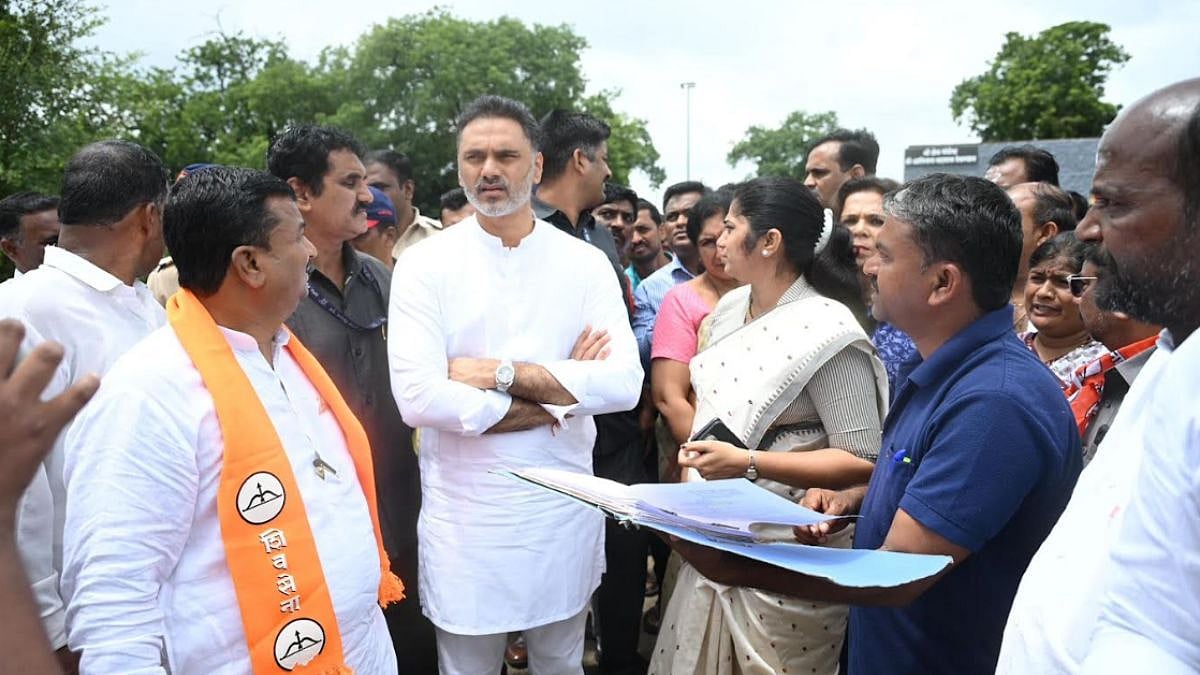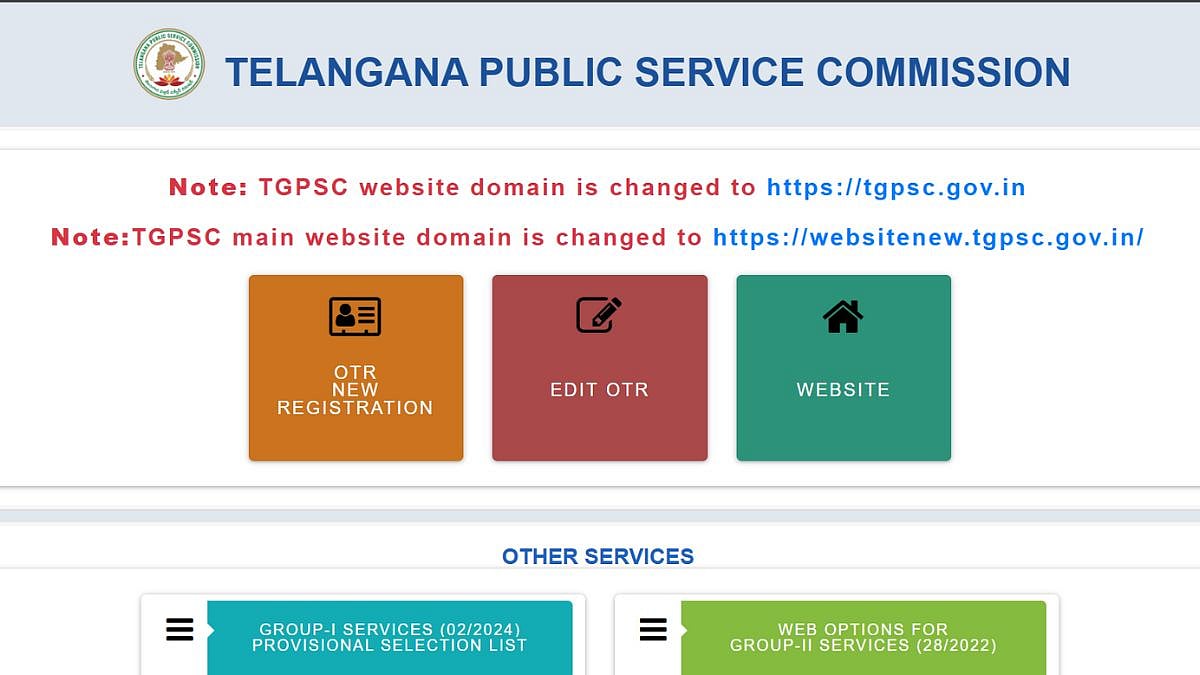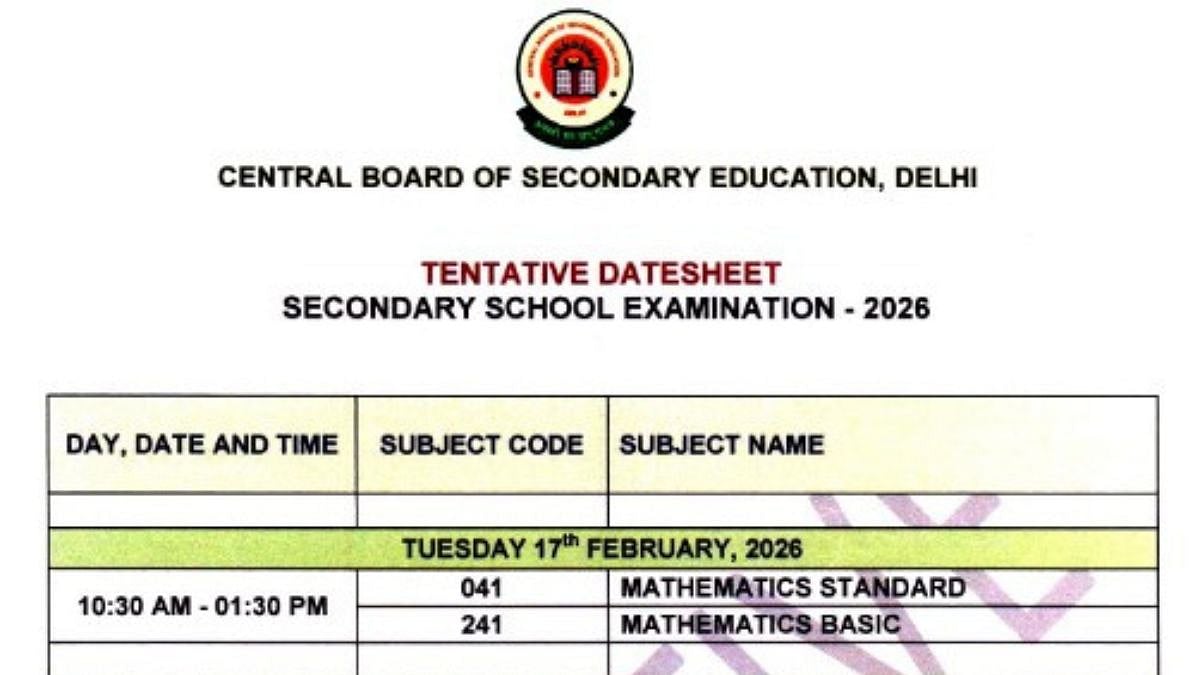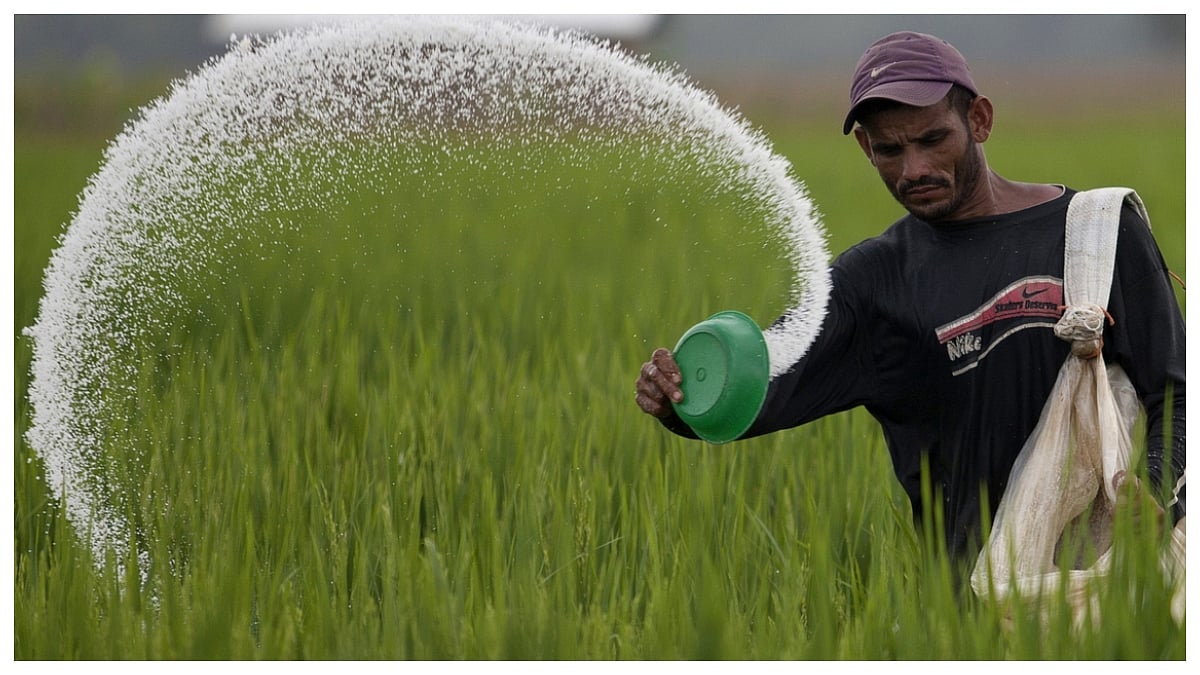Chennai: Farmers across Tiruchy district, Tamil Nadu, preparing nurseries for samba paddy cultivation, continue to face a shortage of essential fertilisers at Primary Agricultural Credit Cooperative Societies (PACCS), pushing them to depend on private traders who charge more and sell additional products not needed for their crops.
The district’s estimated seasonal requirement for fertilisers stands at around 25,000 tonnes to support cultivation on more than one lakh acres. However, only about 30 per cent of this demand is reportedly met through PACCS, leaving a large gap that private suppliers fill. With insufficient stock at cooperative outlets, farmers are forced to purchase from private agencies where prices are higher, and they are often persuaded to buy crop tonics and micronutrients they do not require, increasing their overall expenses.
Despite repeated monitoring, the shortage persists year after year, affecting both small and large cultivators. Limited and delayed supply of urea, DAP, potash, and other key fertilisers disrupts timely sowing and nursery preparation, raising production costs and affecting crop health. Many farmers report spending significantly more on inputs than planned because of the pressure to purchase extra products bundled with basic fertilisers.
Official figures show fertilisers stocked across PACCS, but ground-level availability remains uneven. Distribution delays and demand surges have left many outlets understocked at critical times. Even though authorities have intervened in past seasons by issuing warnings to private traders and initiating action against malpractice, the gap between supply and demand has not been fully bridged.
The continuing dependence on private markets has long-term economic implications for the farming community. Higher input costs cut into profit margins, making paddy cultivation less viable and discouraging small growers from investing in larger areas. The situation is particularly challenging in a season when overall agricultural expenses are rising and credit access remains limited.
Farmers’ groups have called for stronger oversight on fertiliser allocation and distribution to ensure PACCS outlets are adequately stocked before the planting cycle begins. Reliable and timely access to affordable fertilisers, they argue, is essential to protect incomes, encourage cultivation, and maintain stable production levels across the district.
Disclaimer: This story is from the syndicated feed. Nothing has changed except the headline.











